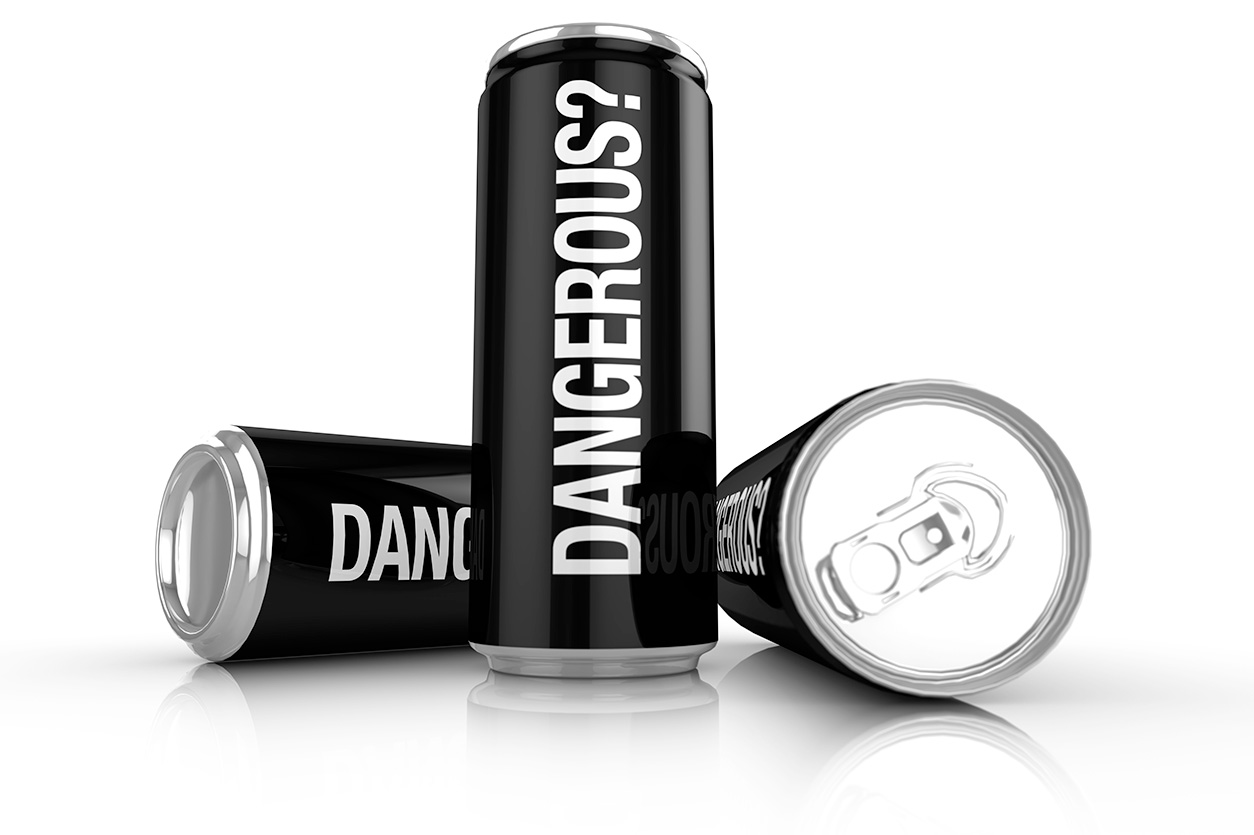While energy drinks can provide a temporary boost in alertness and energy levels, they also come with several risks and drawbacks
Energy drinks have been a topic of renewed concern among educationists and doctors in the UAE due to their potential negative impacts on students and young adults who consume them frequently. While energy drinks can provide a temporary boost in alertness and energy levels, they also come with several risks and drawbacks.
A 2020 study at Harvard University stated, “While it is true that some controlled trials have shown temporary improved alertness and reversal of fatigue after taking energy drinks, as well as enhanced physical performance in young athletes, the majority of studies show an association with negative health effects. These include increased stress, aggressive behaviours, increased blood pressure, increased risk of obesity and type 2 diabetes, poor sleep quality, and stomach irritation.”
Recently, a school in Dubai alerted parents about the potential risks associated with children consuming Prime Energy drinks, with the institution banning the drink.
What do doctors say?
Dr Hany Alhendawy, Pediatric specialist, Burjeel Medical City, Abu Dhabi says, “While some energy drinks may claim to be safe, it’s important to note that the caffeine content in these drinks is often unregulated. This can lead to potential adverse effects, especially in children with pre-existing health conditions like seizures, diabetes, cardiac abnormalities, or mood and behavioural disorders. Therefore, it is generally not recommended for children below 18 to consume energy drinks.”
Read Full Story: KhaleejTimes


